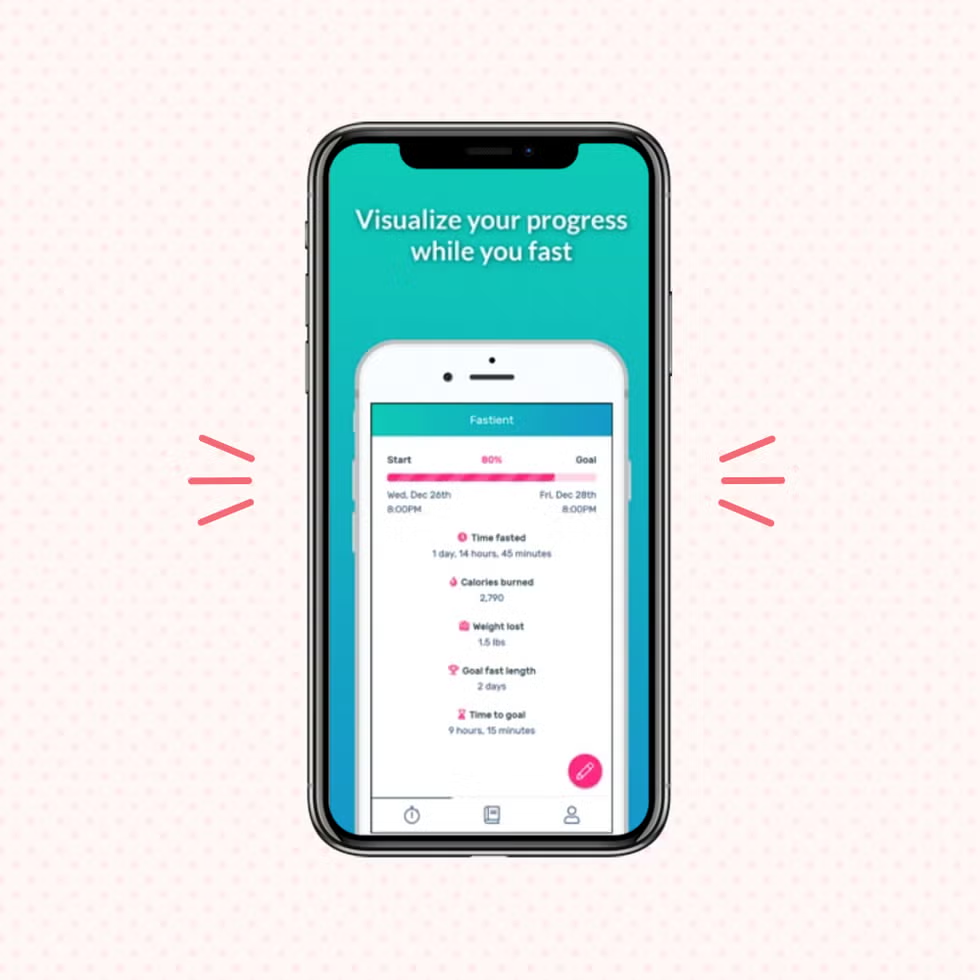
You’d think the world was coming undone when governments started pulling fasting apps off the shelves like spoiled milk.
But let’s get one thing straight—this ain’t just about calories, hunger timers, or some chirpy little notification telling you to “stay strong, babe.”
This is about control. Control over bodies, minds, and a billion-dollar narrative wrapped in the digital equivalent of a fitspo cult leader whispering discipline is freedom into your ear while you skip dinner and scroll through ribs.
The bans aren’t random. They’re a backlash. A middle finger from authorities and watchdogs tired of apps masquerading as “health tools” while quietly nudging teenagers toward disordered eating, cloaked in pastel UI and pseudo-scientific pep talks.
Countries like Norway, France, and even parts of Asia are starting to see what’s really going on: these aren’t just apps. They’re diet culture’s Trojan horse. A fasting timer today, a full-blown obsession tomorrow.
Let’s call it: digital diet obsession gone rogue.
See, this whole “intermittent fasting” craze wasn’t born in some serene monk temple with balanced chakras and organic green tea. It was monetized in Silicon Valley boardrooms where men in Allbirds brainstormed how to gamify hunger.
And they did it well. Add streaks, progress rings, badges—suddenly, skipping meals wasn’t a warning sign, it was a flex. You didn’t “miss lunch,” you “earned a 16:8 badge.” Congratulations, now you’re starving and dopamine-jacked.
Countries didn’t just wake up and decide to become the fun police. This is damage control. Pediatric nutritionists, psychologists, and public health officials have been sounding the alarm for years.
Kids are downloading these apps at 13, 14, logging fasts like it’s a sport, comparing hunger pangs in group chats, and spiraling. And the worst part? Many of these apps don’t verify age. Some even encourage underweight users to “keep pushing.”
If a cigarette company marketed flavored cigs to 14-year-olds with unicorn packaging and “progress points,” they’d be burned to the ground in a week. But fasting apps? They’ve been hiding behind the wellness label like wolves in Lululemon.
And don’t get it twisted—this isn’t about banning fasting itself. Plenty of people have legit reasons to do it. Religious, medical, cultural—you do you.
But when it’s wrapped up in sleek, bite-sized dopamine hits and sold as the next productivity hack for your body? That’s when we’ve got a problem.
It’s not “biohacking.” It’s disguised punishment.
Punishment sold as self-discipline.
Punishment marketed as balance.
And some countries are done pretending it’s harmless.
There’s also a geopolitical flavor here. In nations fighting rising eating disorder rates, where mental health services are already stretched thin, banning fasting apps is a preemptive strike.
A way to keep an entire generation from spiraling into food fixation under the guise of “wellness.” In other places, it’s also about data—because, yeah, surprise surprise, some of these apps are data vacuums disguised as calorie counters, selling your emotional hunger logs to advertisers who want to sell you protein powders, weight-loss teas, or you guessed it—more apps.
The irony? These platforms preach freedom, autonomy, mind over matter. But really, they’re handcuffs with a digital face.
One day you’re just trying to feel lighter.
The next, you’re weighing guilt instead of dinner.
And the app? It just keeps chirping: “You’re doing great.”
Ain’t that a trip?
And to the tech bros pushing this narrative—if hunger is your only compass, where the hell are you trying to go?
“When the shepherd is blind, even the sheep know it’s time to turn around.”
Some countries have finally decided to turn around.
It’s not perfect. The bans won’t fix everything. Kids will still find ways to chase skinny wrapped in self-improvement. But it’s a start.
A line in the sand. A reminder that not every “health trend” deserves a free pass just because it fits on your home screen and promises a thinner tomorrow.
Because sometimes, freedom from food isn’t discipline. It’s a warning sign.
And apps that profit from that? Yeah. They’re finally getting the boot.
About damn time.









